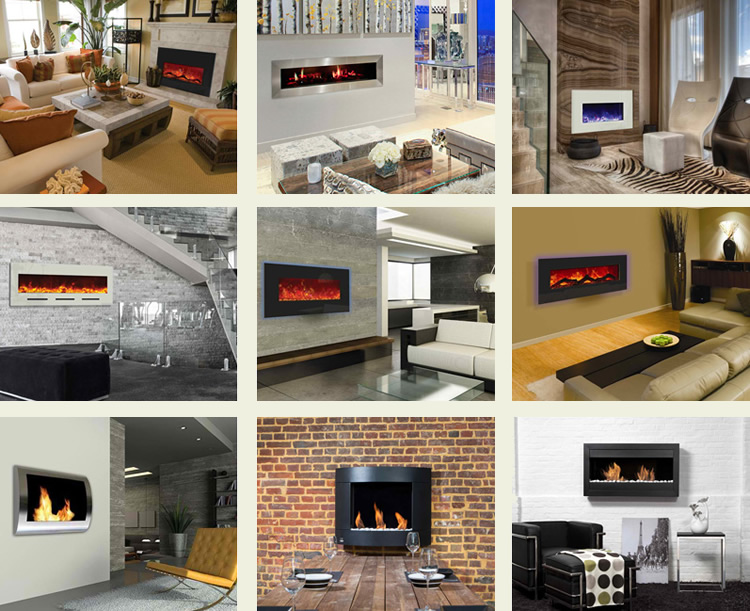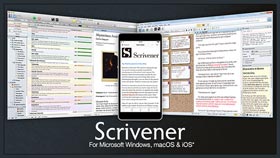
When it comes to choosing a fireplace, you are going to find several lucrative options. However, each fireplace is going to offer different advantages and disadvantages. In this article, you are going to read about the 3 most common types of fireplaces, and the things that make them special.
The Electric Fireplace Option
Opting for an electric fireplace comes with several benefits. They include:- There are no combustible fuels involved, which makes it safer in many ways. For example, you won't have to deal with dangerous gasses like carbon monoxide or dioxide. Neither will you have to worry about naked flames spreading into the house.
- Given that there are no soot and ash, you won't have to clean up the electric fireplace.
- Electric fireplaces are easier to install.
- They can last longer seeing as there is no combustible fuel, which means less wear and tear.
- These particular fireplaces are perfect for houses that don't have chimneys installed.
Other Factors to Consider:
- The authenticity of an electric fireplace just can't compete with a real fire.
- You are vulnerable to the power grid in order for the fireplace to work. When there is no power, you won't have any heat, unless you have alternative power sources like solar or a generator.
- An electric fireplace is going to add to your monthly bills, which can be problematic for some people.
Gas Fireplaces
When you think about it, gas fireplaces combine the great elements of electric and solid fuel options. For example:- They are easy to ignite and get a fire going, plus, you don't have to nurse the fire.
- You get a real fire and the authenticity of a solid fuel fireplace.
- You still don't have to clean up soot and ash, because you are not burning any wood.
- There is no smoke to worry about, meaning they can be used in houses without chimneys.
Other Factors To Consider:
- Don't expect the same heat you would get from an electric or solid fuel fireplace. In fact, it is going to require a lot of gas for them to create the same heat.
- Rising energy prices means that gas won't always be the cheaper alternative to wood or pellets.
- There is still a lack of authenticity in terms of the sound. More specifically, you don't hear that unique crackling sound which radiates from a solid fuel fireplace.
Solid Fuel Fireplaces
With a more conventional option, you know you are getting authenticity and atmosphere. But what other advantages can you expect?- You are not vulnerable to the power grid, so you have heat even when the power is out.
- Solid fuel fireplaces create a considerable amount of heat.
- The sound, the look, everything about this fireplace makes people want to sit around it and socialize.
- These particular fireplaces present well inside a room, increasing the overall appeal of the house.
Other Factors to Consider:
- There needs to be a chimney to safely direct the smoke and emissions out of the house and into the air. However, some ash and dirt will still settle inside the room, which can get on the nerves of extreme-clean house owners.
- Solid fuel fireplaces require regular cleaning, especially after using it.
- There is a level of danger involved as well. For instance, children and pets can get injured if there is no supervision, not to mention the damage a naked flame can do.
- A solid fuel fireplace is going to require more maintenance than the other options.
= = =














 PureVPN Discount Coupon Code 84% Off for Lifetime Subscription
PureVPN Discount Coupon Code 84% Off for Lifetime Subscription Scrivener Discount Coupon for Windows and Scrivener 2 for MAC - 35% Off
Scrivener Discount Coupon for Windows and Scrivener 2 for MAC - 35% Off Roadmap Planner Discount Coupon 95% Off for Lifetime Professional Plan
Roadmap Planner Discount Coupon 95% Off for Lifetime Professional Plan Bizplan Premium Discount Coupon 97% Off for Lifetime Subscription
Bizplan Premium Discount Coupon 97% Off for Lifetime Subscription